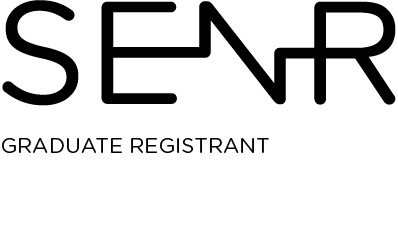
17 Best Food Sources that Increase Iron in your Diet
Do you experience periods of generalised tiredness and shortness of breath? You may be suffering from Anaemia - a condition that generally results from iron deficiency in the blood.
Iron is a mineral needed to produce haemoglobin. Haemoglobin is a protein present in red blood cells to help transport oxygen around the body. A deficiency of iron may lead to a lack of oxygen in the blood resulting in a lack of energy and increased risk of infections, and in severe deficiencies, thinning of hair, brittle nails, heart palpitations, itchy skin and mouth ulcers.
Anaemia mostly affects infants, adolescents, pregnant ladies and women that are menstruating. Research has shown that iron supplementation can also aid sports performance particularly when training for altitude running. Due to the lack of oxygen at higher altitudes, having an iron deficiency would impact the athlete’s performance because the body would not be able to transport oxygen efficiently to cells.
Although iron supplementation in tablet form may be essential if the client is already in a deficiency, iron intake can be achieved through diet. Dietary iron can be obtained from both plant-based and/or animal-based foods.
The following is a list of foods that are high in iron;
- Seafood
- Red meat
- Chicken
- Canned tuna (usually fortified with iron)
- Beef/ chicken liver
- Fortified cereals
- Fortified bread/ rice
- Millet
- Quinoa
- Beans
- Dark chocolate
- Lentils
- Spinach
- Potatoes with skin
- Nuts
- Oats
- Tofu
BONUS TIP
Iron rich foods, particularly plant-based sources, should be ingested with sources of Vitamin C, this increases its absorption. Avoid ingesting iron-rich foods with phytates (bran cereals, bread) or tannins (tea, coffee), these will inhibit iron uptake.
Foods high in Vitamin C:
- Green Leafy Vegetables - Spinach, kale, rucola, lettuce
- Oranges
- Peppers
- Beetroots
- Strawberries
- Brussel Sprouts
- Broccoli
To calculate the daily iron requirements according to your gender and age group, follow the recommendations provided by the British Dietetic Association (BDA);
- Males 11-18 years = 11.3mg/day
- Males 19+ years = 8.7mg/day
- Females 11-50 years (@premenopause) = 14.8mg/day
- Females 50+ years (@postmenopause) = 8.7mg/day
If you would like to learn more about supplements get in contact with me to get started.

